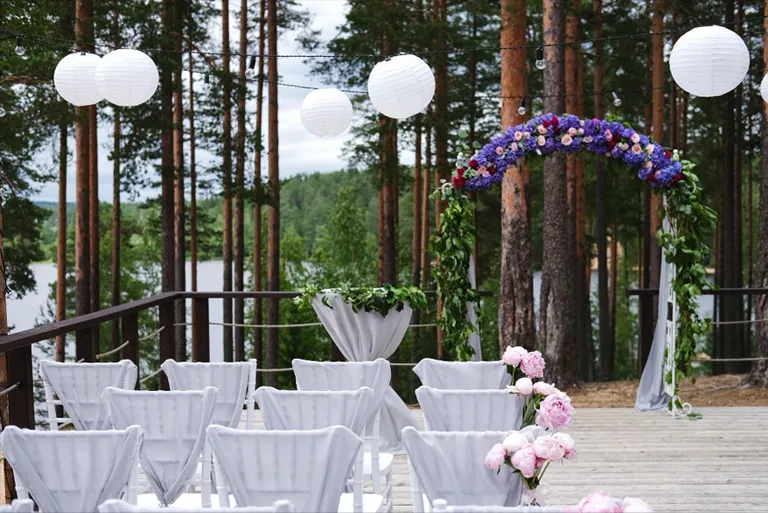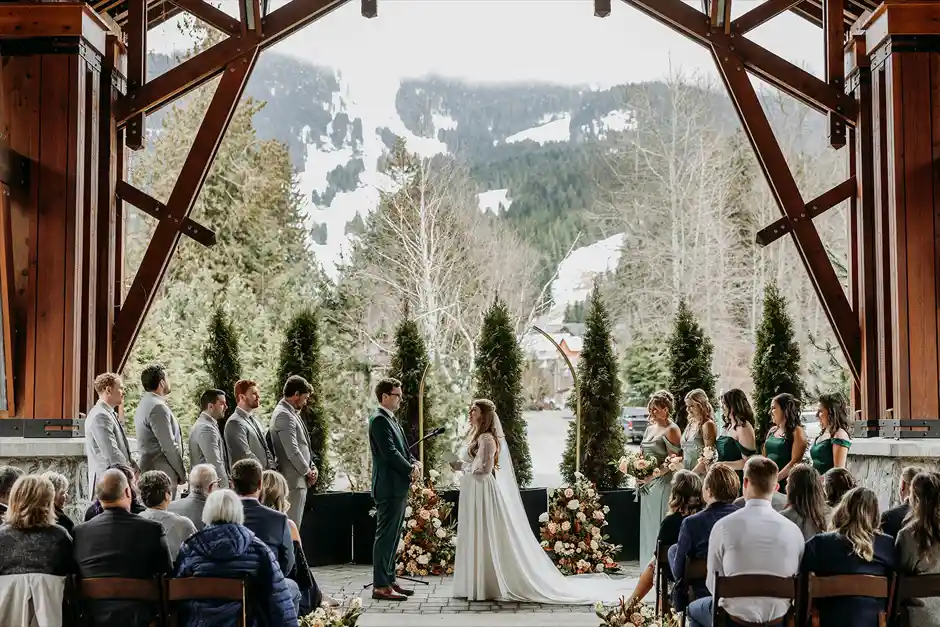Guest list boundaries and expectations
Managing expectations around your wedding guest list and setting clear boundaries can be one of the most challenging aspects of wedding planning. However, with thoughtful consideration and strategic planning, you can navigate these decisions smoothly. Here’s a comprehensive guide to help you manage expectations and maintain control of your guest list numbers without straining relationships.

- Start with a Vision
Before you draft your guest list, discuss with your partner what kind of wedding you both envision. Is it a large, festive gathering or a more intimate affair? Your vision will directly influence the size of your guest list and help set a foundational guideline for whom to invite.
- Determine Your Budget
Your budget is one of the biggest determinants of your guest list size. More guests mean higher costs, primarily due to catering and venue size. Determine how much you are willing to spend and let this financial boundary guide your guest list decisions.
- Venue Capacity
The capacity of your chosen venue also plays a crucial role in how many guests you can invite. Ensure that the venue fits your estimated guest list comfortably. It’s important to consider space for all aspects of your wedding, including dining, dancing, and any other activities you plan to include.

- Splitting the List
Decide how to split the guest list. It’s common to divide it equally between both partners’ families, but this can vary depending on specific family dynamics or financial contributions. Communication is key here—discuss this openly and adjust as necessary based on your priorities and familial expectations.
- Dealing with Family Expectations
Family can often have strong opinions about who should be invited. It’s essential to listen respectfully to their suggestions, but also clear about your priorities and limitations. When conflicts arise, explain your reasoning (whether it’s budget constraints or venue capacity) and try to involve them in the solution—perhaps by letting them choose a certain number of guests.

- Create A-List and B-List
An effective strategy to manage your guest list is to create an A-list and a B-list. Your A-list includes must-have attendees like close family and friends. The B-list contains guests you would like to invite if your budget and venue capacity allow. As RSVPs come in and spaces open up, you can invite people from the B-list.
- Plus-Ones
Setting clear rules about plus-ones can significantly affect your guest list numbers. A common rule is to only offer plus-ones to those who are married, engaged, or in a long-term relationship. Be transparent about this policy to avoid misunderstandings and hurt feelings.
- Children at the Wedding
Decide early on if children will be invited to your wedding. This decision can drastically alter your guest count. If you choose to have an adults-only wedding, communicate this decision politely but firmly, and provide reasoning to help mitigate any potential disappointment.
- Clear Communication
When it comes to invitations, clarity is key. Your invitations should clearly indicate who is invited, whether it’s just the individual, the individual and a guest, or a family. This clarity helps manage expectations and reduces confusion.
- Managing Distant Relatives and Acquaintances
You might feel obligated to invite distant relatives or acquaintances. However, if budget or space is limited, prioritize guests who play a meaningful role in your life. It’s perfectly acceptable to not extend an invite to everyone you know.
- Use Technology
Leverage technology to manage your guest list efficiently. Numerous apps and websites can help you track invitations, RSVPs, and seating arrangements, which can alleviate some of the stress associated with the guest list management.
- Stay Organized
Keep detailed records of everyone you’ve invited, along with their RSVPs and any special requirements they might have. This organization will be crucial as your wedding day approaches and will help ensure that no one is accidentally overlooked.
- Be Prepared for Last-Minute Changes
Even with the best planning, last-minute changes to your guest list are almost inevitable. Prepare yourself mentally to handle these adjustments without stress. Remember that the most important part of your wedding day is that you’re marrying the person you love.
- Remember Your Day
Finally, remember that your wedding day is about you and your partner. While it’s important to consider the feelings of family and friends, your comfort and happiness should not be compromised. Stay true to yourselves and make decisions that reflect your desires for your special day.
By following these tips, you can navigate the complex decisions surrounding your wedding guest list while maintaining harmony and keeping your relationships intact. Wedding planning can be stressful, but with the right strategies, you can manage your guest list effectively and ensure that your day goes as smoothly as possible.

















